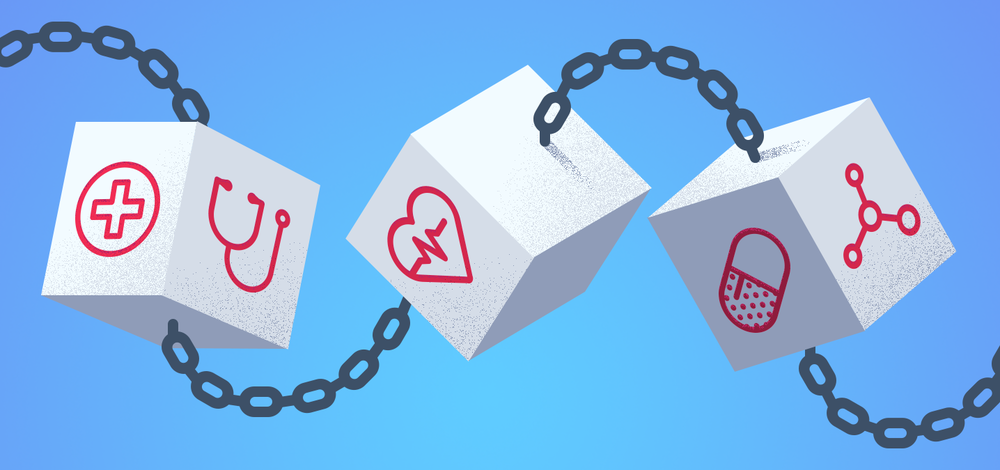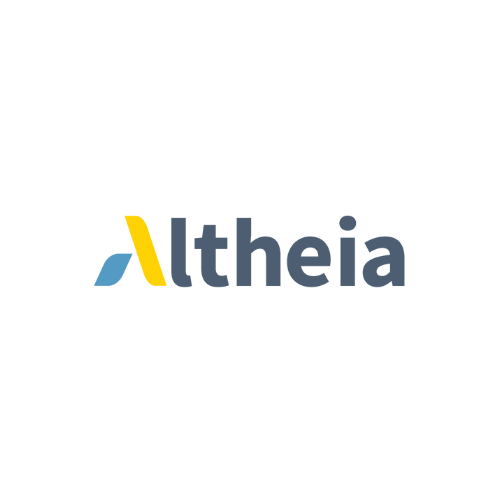
Blockchain Technology in Data Management
Authored by Ayesha Rajan, Research Analyst at Altheia Predictive Health
Introduction
Big data in healthcare is a hot topic right now – we constantly hear about how analytics can predict health conditions, the health of a population, the spread of disease, support the efforts of wearable devices and more. There are a lot of cutting-edge developments in this field, however, they will all be undermined if data management in healthcare does not also catch up with these new tools and technologies. In this article we will explore the role blockchain technologies play in healthcare.
Blockchain
One use of blockchain and crypto-technology in healthcare is to increase security and safety of data. Patient records are highly sensitive information that have been exposed to data breaches in the past and that is unacceptable but was hard to prevent in the era before blockchain technologies. Now, highly randomized and privatized algorithms can be used to increase the security surrounding these files and ensure a patient’s safety and right to privacy. This effort has been highly prioritized by nearly every healthcare organization including the United States government. A company working in this area, called Factom, has received $200,000 in grants from the Department of Homeland Security to further research and development in this area (Daley).
Another area in which blockchain can make great strides in healthcare is in communication networks. Currently, miscommunication costs the healthcare industry about $11 billion USD per year mainly due to the current process of coordinating medical records – that is a significant amount of money that could be much better spent elsewhere (Daley). Utilizing blockchain technology to create a means of transferring information privately and accurately should absolutely be a priority when using blockchain technology.
Blockchain can also help protect information in the healthcare supply chain by providing secure and reliable processes to guarantee the authenticity of medicine. This can be done by creating a distribution system that marks a point of origin and keeps track of a shipments location and who it came in contact with. This ensures the medicines delivered to patients are from a legitimate supplier and have not been tampered with. In relation to recent developments in the field of medicine, this can also be useful in tracking the safety of medications and patients if their medication happened to come in contact with an employee who contracted Covid-19 – the tracking ledger can ensure that anyone who came into contact with contaminated products after the infected employee is notified and recommended to be tested.
Conclusion
Blockchain technology is popping up in nearly every industry as a means to accurately and privately transfer information. This type of technology is extremely useful in the healthcare space and has many applications in disease control and prevention. However, another area in healthcare it can impact significantly is in data collection and management. By securing the data of patient’s, healthcare organizations not only ensure the peace of mind of patients but also better diagnoses by ensuring the accuracy of the data communicated. Blockchain technologies can also prevent delays in diagnosis caused by slow-moving communication which continues to support the notion that blockchain in data management is a powerful tool that can greatly benefit patients.
Works Cited
Daley, Sam. “15 Examples of How Blockchain Is Reviving Healthcare.” Built In, 2020, builtin.com/blockchain/blockchain-healthcare-applications-companies.
